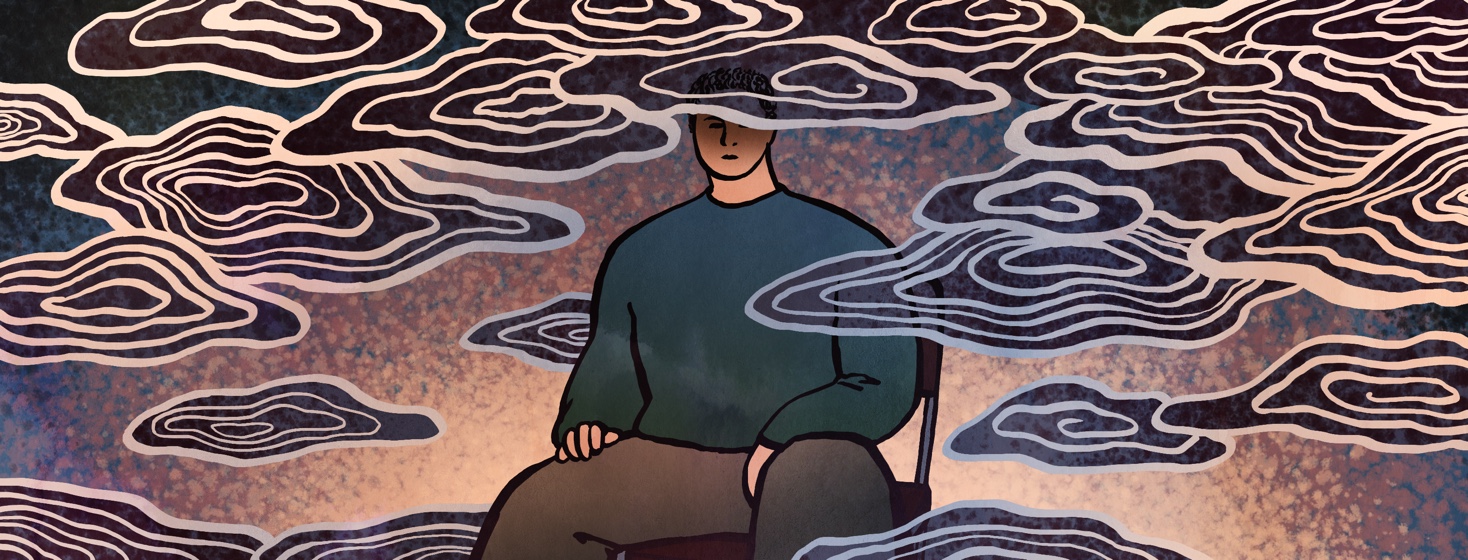What You Wish Medical Professionals Knew About Prostate Cancer
The fight against cancer is never easy, but it can be all the more problematic when you are facing a cancer that is often misunderstood. Prostate cancer seems to be minimized, even within the medical community -- and minimizing any diagnosis is not helpful to those living with it.
And that is just one of the difficult parts of dealing with prostate cancer.
To hear more about your experiences, we reached out on the ProstateCancer.net Facebook page to ask what you wish medical professionals understood about prostate cancer and the side effects.
Here is what you had to say.
“There needs to be post treatment mental health care.”
There is no way to survive cancer without suffering emotional stress. The fear and anxiety alone are enough to be unraveling. Several of you have pointed out that there needs to be a bigger focus on mental and emotional wellness -- that it is not a huge hurdle to find care for your mental wellness during and after cancer.
“There needs to be post treatment mental health care/services in place for dealing with continuing issues such as PTSD associated with a cancer diagnosis and other life-changing issues.”
“That it affects the emotions when they give hormone shots, and that both the husband and wife need a support group to discuss things with.”
“It is not the ‘easy’ cancer.”
A few of you shared that you are sick of how much people minimize the danger of prostate cancer. There is no such thing as an easy cancer. You also keep hearing that this diagnosis only affects older people -- and that just is not true.
“Understanding that it is not just an ‘old man’ cancer. I was 44 when diagnosed. Wish insurance and drug companies would offer cheaper prescription prices for ED at a younger age.”
“It is not the ‘easy’ cancer. It is not just seen in older men. Plus, the treatment affects mental, physical and sexual health. Stop minimizing!”
“I wish that doctors would listen.”
Many of you have found that your doctors are not taking your health concerns seriously. When you have suspected a tumor or otherwise expressed concern about your prostate, you have not received the concern you had expected. Too often, Western medicine does not do enough to proactively treat disease. If doctors did listen and take your concerns seriously, it is possible that more cases could be diagnosed and received treatment faster.
“The profound anxiety and depression if you have any pain when you think it might be the tumor they just ignore you.”
“I wish that doctors would listen.”
“Always get several opinions.”
Not only is it important to get several opinions, but also make sure you are getting an opinion from the doctor most qualified to help. A few of you shared how important it is to receive a diagnosis from a qualified urologist -- not just your primary care physician. There is a reason we have specialists -- people who are experts in certain areas of medicine and far more likely to find if anything is amiss.
“After my diagnosis, my urologist told me that I was too old (at age 73) for an operation and had to do 40 days of radiation. After getting several opinions, I decided to do the operation. It took three hours, and I was out that evening with no side effects. My life would be very different if I had only listened to the first doctor. Always get several opinions.”
“I wish primary care physicians would send all their male patients who are over 40 to a urologist rather than try to diagnose PC themselves. My Internist started treatment, at my insistence, for BPH, but he never ordered a PSA test even though he told me my prostate was “the size of a large lemon.” I ultimately went to a urologist on my own, and he ordered PSA tests annually that ultimately caught my PC early.”
Continue the conversation
We want to say thank you to everyone who shared their experiences with prostate cancer. It is our hope that your words bring more awareness to what it is like to survive this diagnosis.
If you would like to continue the conversation about what you wish medical professionals better understood about prostate cancer and what life is like after this diagnosis, share your thoughts in the comments.

Join the conversation